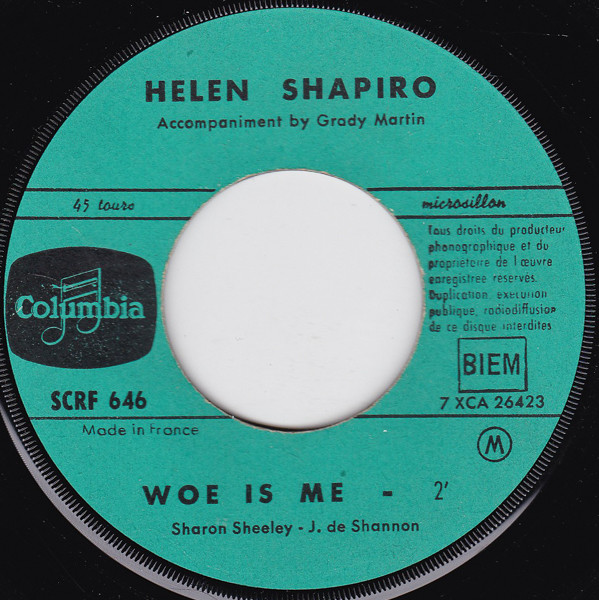- Joined
- Jan 27, 2019
- Messages
- 7,342
- Likes
- 12,311
As AI enters the medical world, perhaps a therapy will arise to calm the nerves of those triggered by the Vinyl Revival. It's fairly alarming the toll it seems
to take on some people.
Until then, I guess we need to have compassion, and still expect a lot of "I don't like something other people like; must ridicule to release the pressure!"

to take on some people.
Until then, I guess we need to have compassion, and still expect a lot of "I don't like something other people like; must ridicule to release the pressure!"

